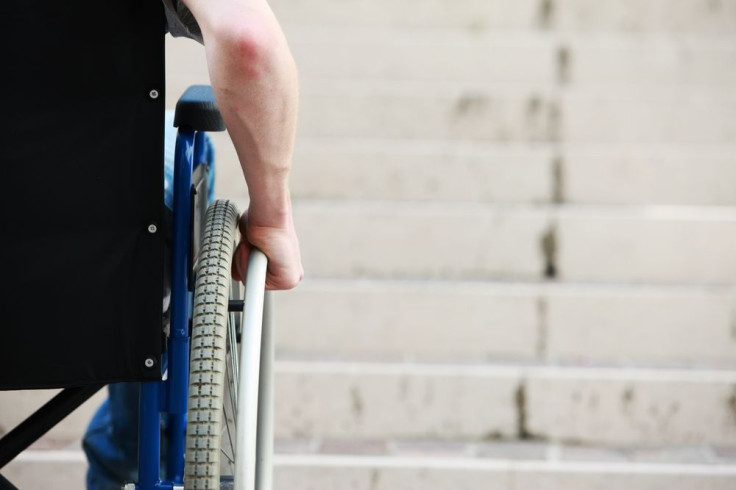Californian Children Paralyzed By Mysterious, Polio-Like Disease; Will The Infection Cross State Lines?

A mysterious polio-like illness has been recorded at several children’s hospitals across California — but is the outbreak cause for alarm?
Dr. Keith van Haren of Stanford University said in a press release that the five children affected by the unknown disease exhibit many of the hallmark symptoms of polio, including paralysis and respiratory issues. Although polio is no longer a problem in most parts of the world, many other infections may give rise to similar complications in patients. One example is the enterovirus — a common infection whose symptoms range from fever and sneezing to encephalitis and paralysis.
"Although poliovirus has been eradicated from most of the globe, other viruses can also injure the spine, leading to a polio-like syndrome," he explained. "In the past decade, newly identified strains of enterovirus have been linked to polio-like outbreaks among children in Asia and Australia. These five new cases highlight the possibility of an emerging infectious polio-like syndrome in California."
Van Haren and colleague’s new case study, which was presented on Sunday at the annual meeting of the American Academy of Neurology, describes five pediatric patients admitted between August 2012 and July 2013. Within two days of initial symptoms, all five children experienced progressive paralysis of one or more limbs. Two tested positive for enterovirus-68; the other three remain undiagnosed. Medical records show that all five have been vaccinated against poliovirus.
Polio in 2014
To this day, polio remains incurable. While effective vaccines are available in developed countries, the spread of the potential fatal disease has never stopped in Afghanistan, Pakistan, and across the African continent.
Polio, according to the Centers for Disease Control and Prevention, has been labeled one of the most feared diseases of the 20th century, with around 35,000 annual U.S. cases between the late 1940s and the early 1950s. Although many nations became polio-free with the rise of effective immunization, former patients still suffer from the disease’s crippling symptoms. An example is Paolo Machado — a Brazilian polio survivor who has lived in the same hospital for over four decades.
So far, the newly discovered disease does not appear to pose an immediate threat to public health. Still, physicians and parents should keep their eyes open. "Our findings have important implications for disease surveillance, testing, and treatment," Van Haren said in the release. "We would like to stress that this syndrome appears to be very, very rare. Any time a parent sees symptoms of paralysis in a child, the child should be seen by a doctor right away."
Published by Medicaldaily.com



























